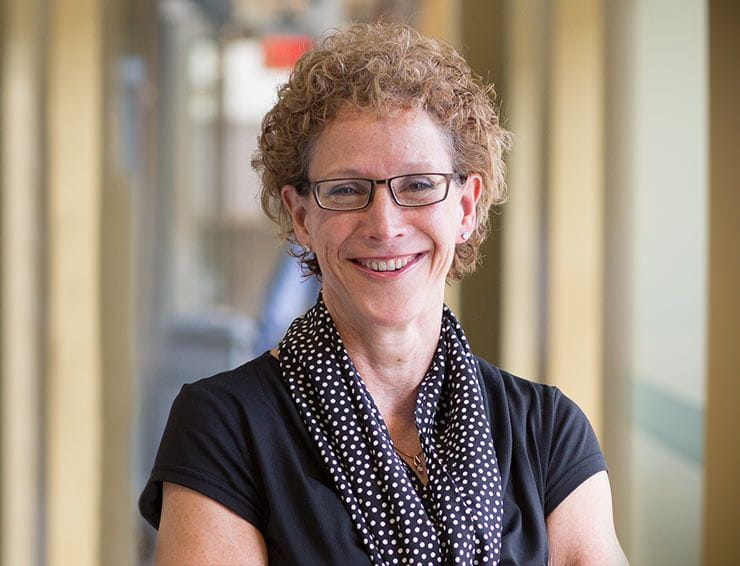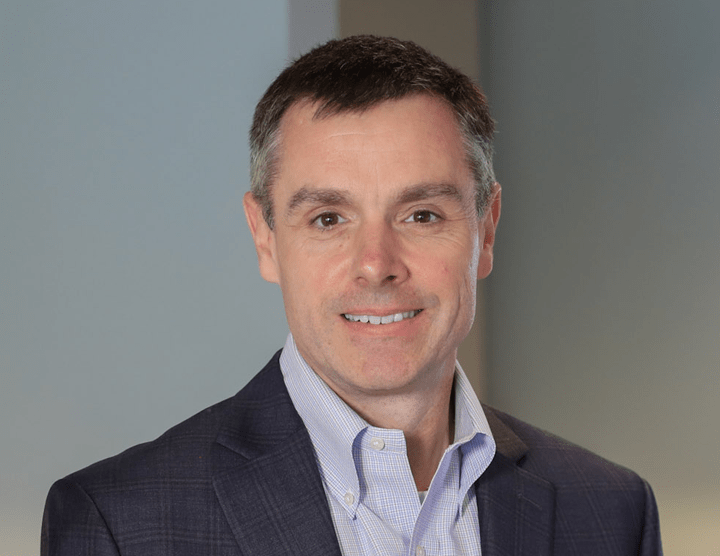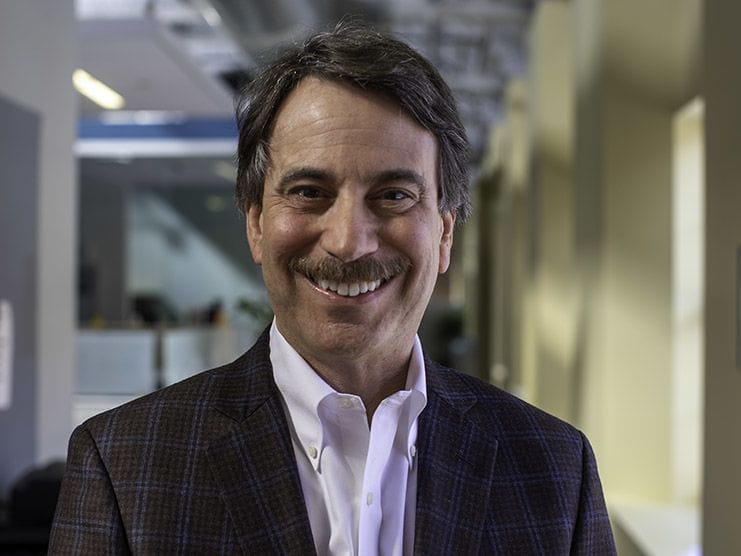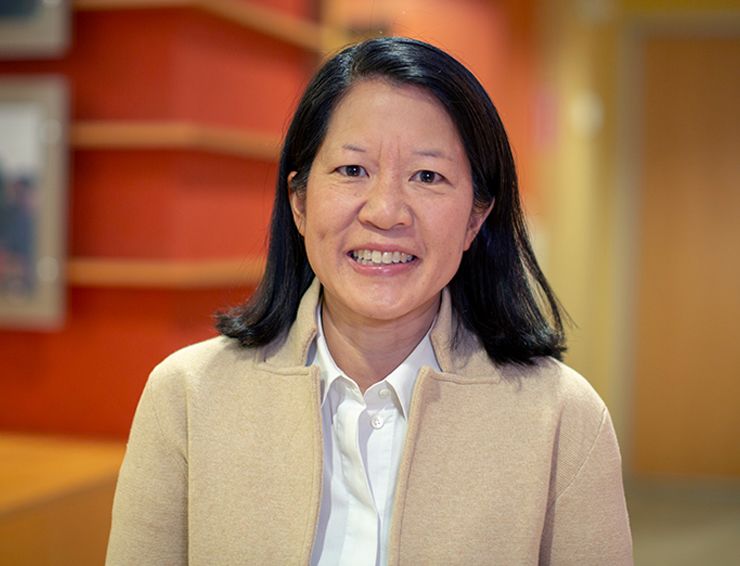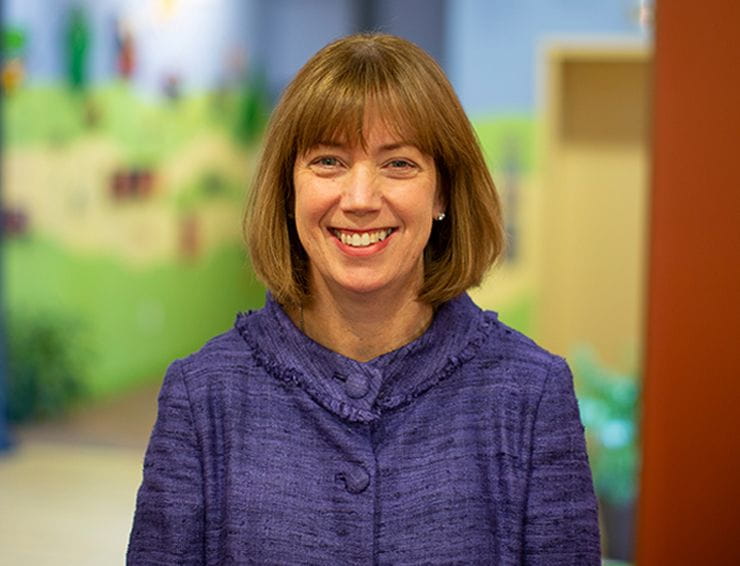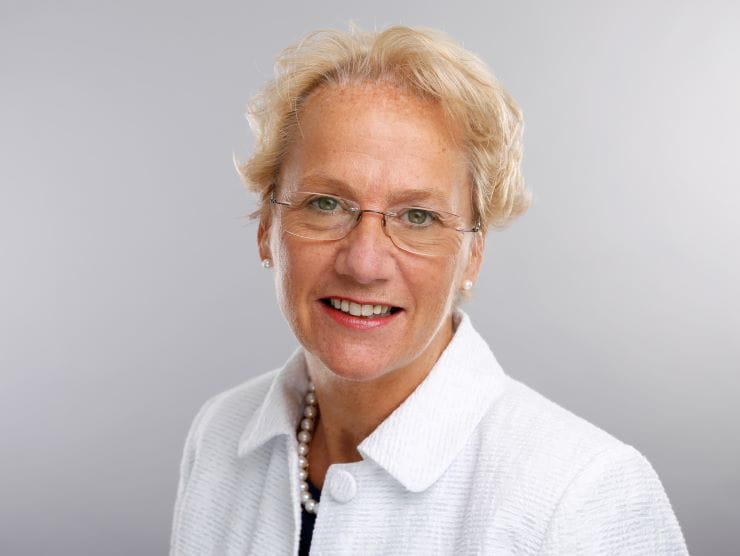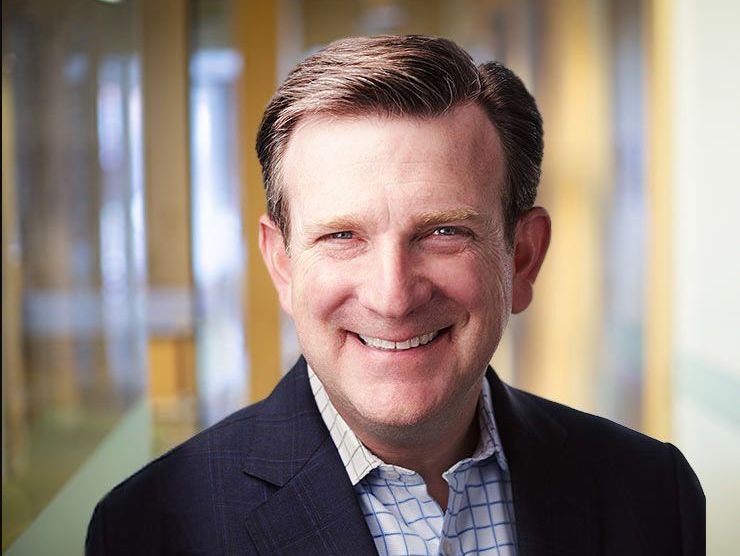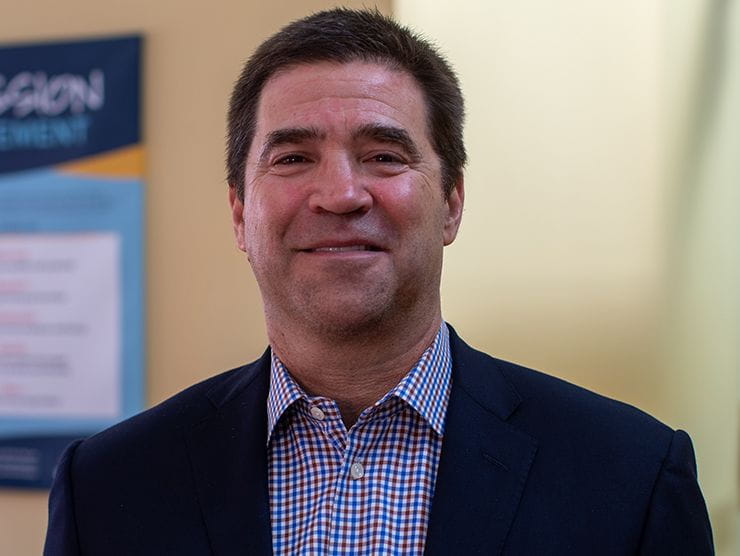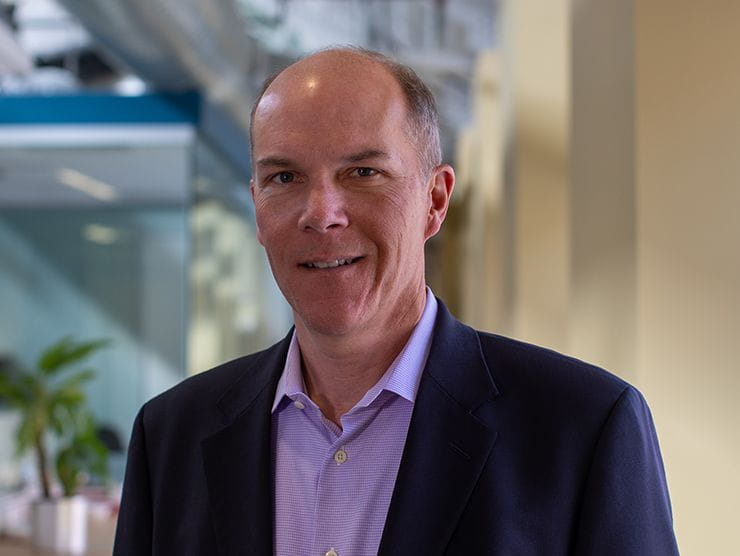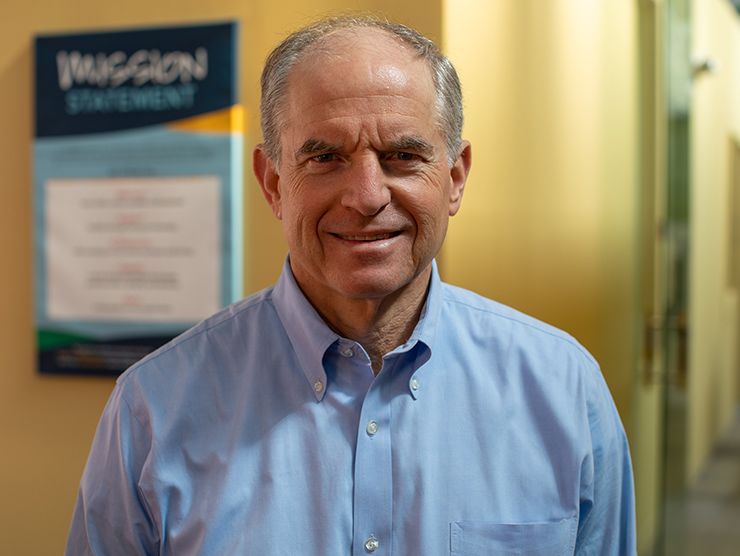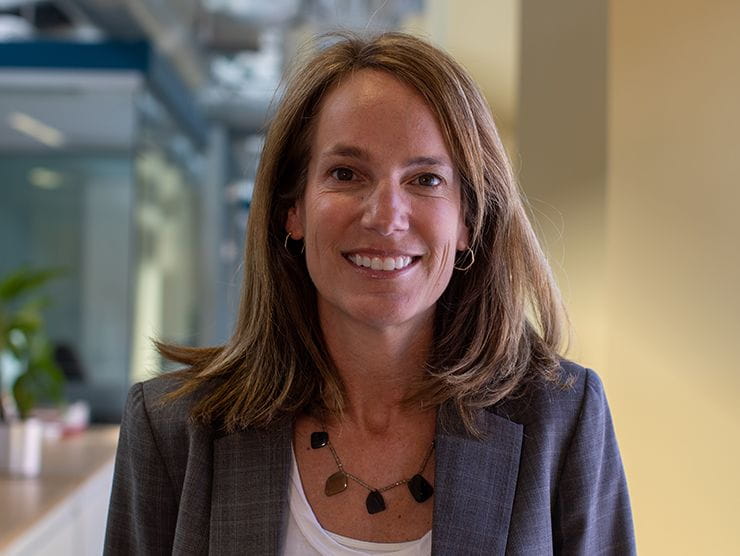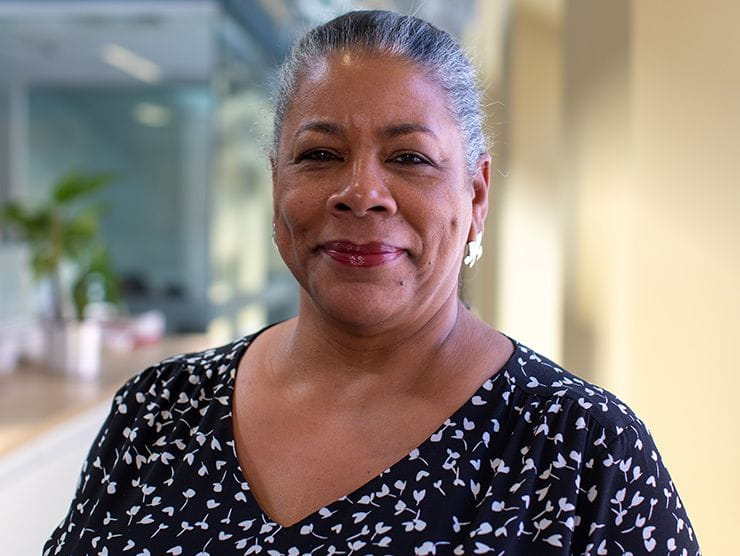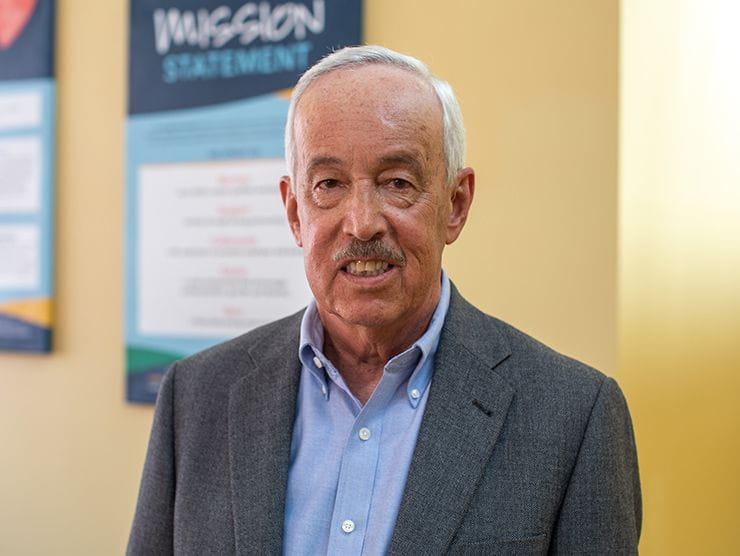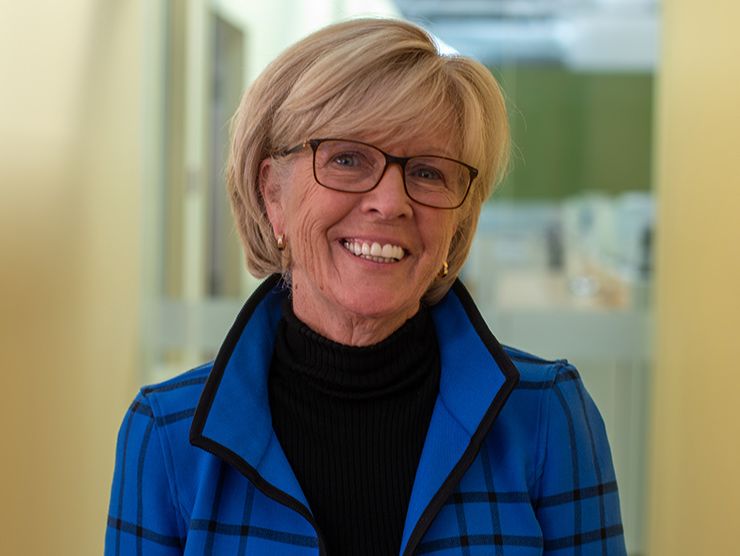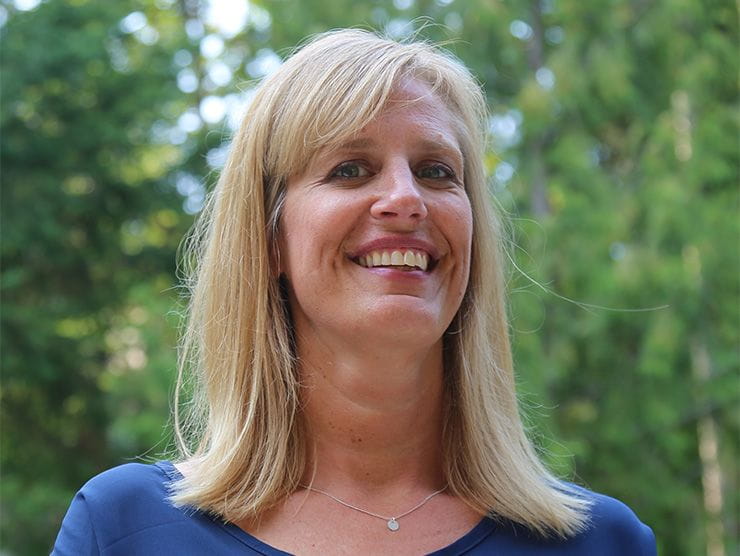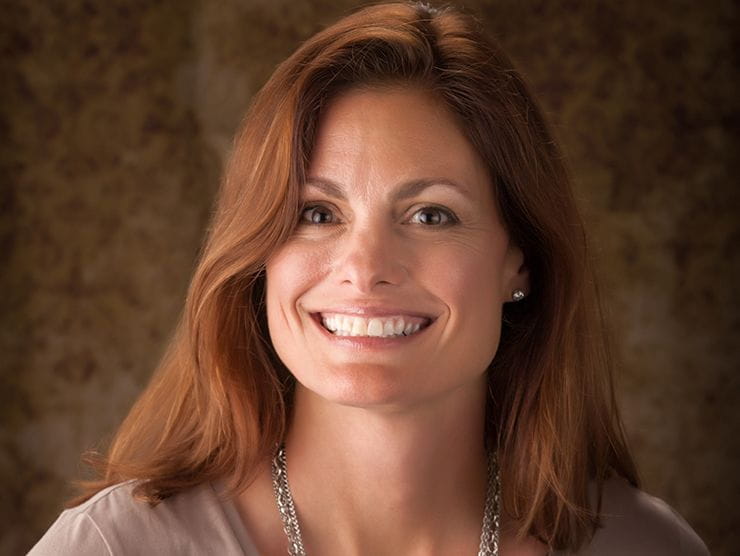Dedicated to the highest quality education and care; making a lasting difference, one child, one student, one teacher, one family, and one employer at a time.
See What We Offer
Bright Horizons®
At a Glance
31,000-plus passionate employees worldwide on a mission to change lives
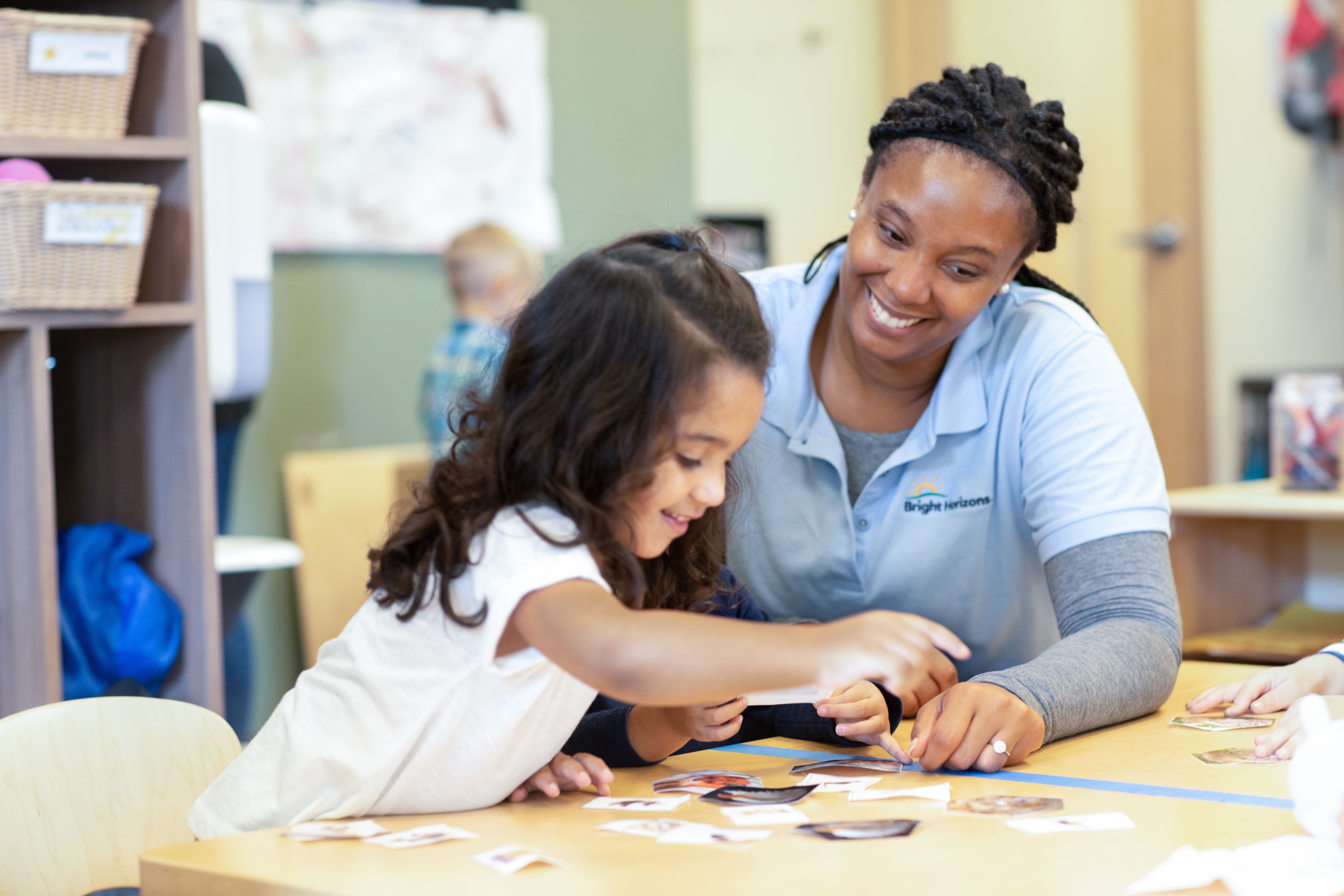
The highest-quality education and care for every life and career stage

Across the United States and around the world

We have been growing our expertise since 1986

We partner with the world’s most successful employers to give working families the support they need

Because we believe education and care can transform lives

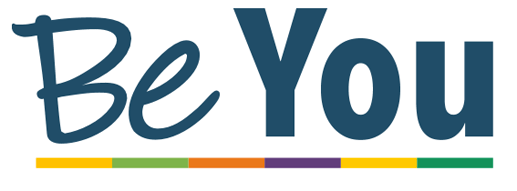
Culture & Inclusion
Bright Horizons is honored to be an employer of choice and a partner to over 1,450 leading employers.
Learn More
Our Story
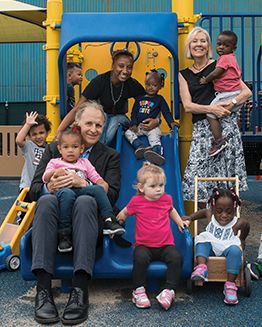
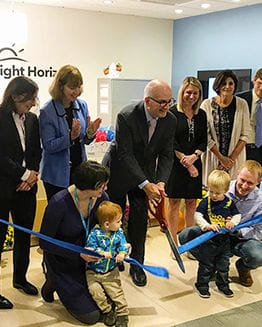
Bright Horizons: Our Ongoing Mission to Change the Way the World Works
In 1986, our founders saw that child care was an enormous obstacle for working parents. On-site centers became one way we responded to help employees – and organizations -- work better.
Today we offer child care, elder care, and help for education and careers -- tools used by more than 1,000 of the world’s top employers and that power many of the world's best brands
Meet Our Leadership
Awards and honors
Read about our commitment to excellence.
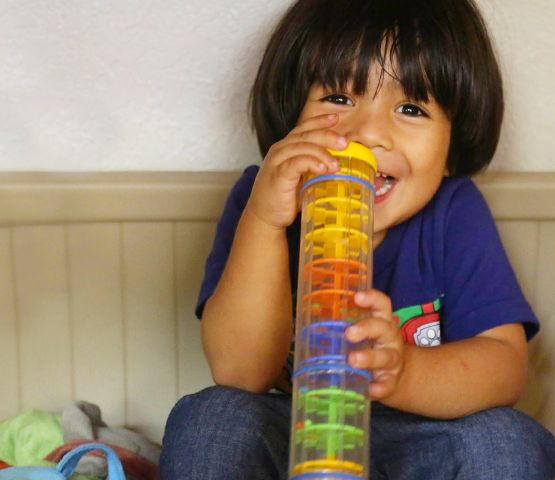
The Bright Horizons Foundation for Children
Bright Horizons was built on the belief that doing well is firmly intertwined with doing good.
The Bright Horizons Foundation for Children formalizes that mission, supporting employees as they make a difference in the communities where they live and work.

